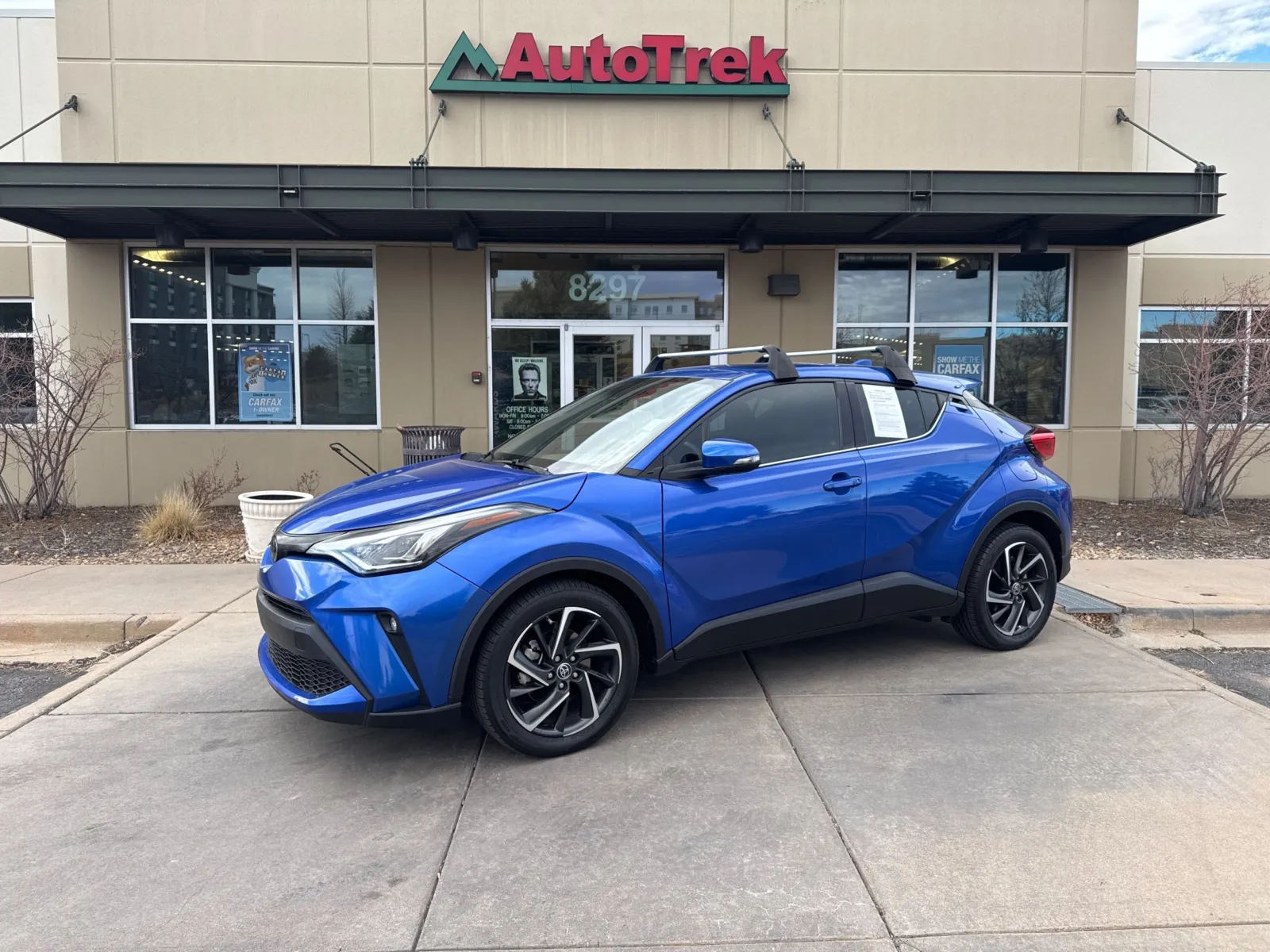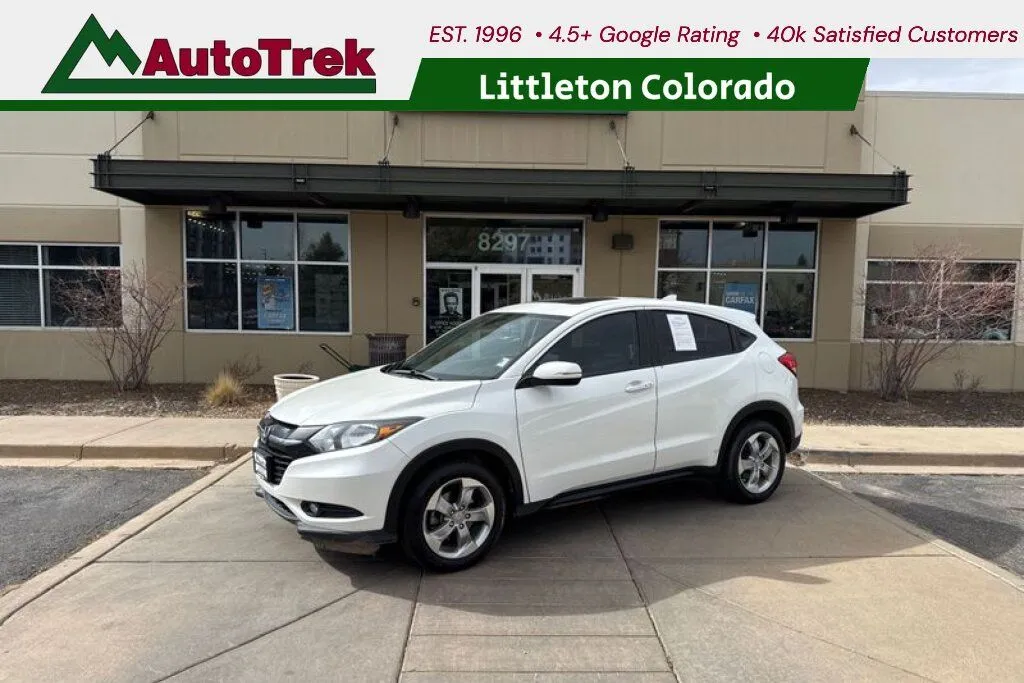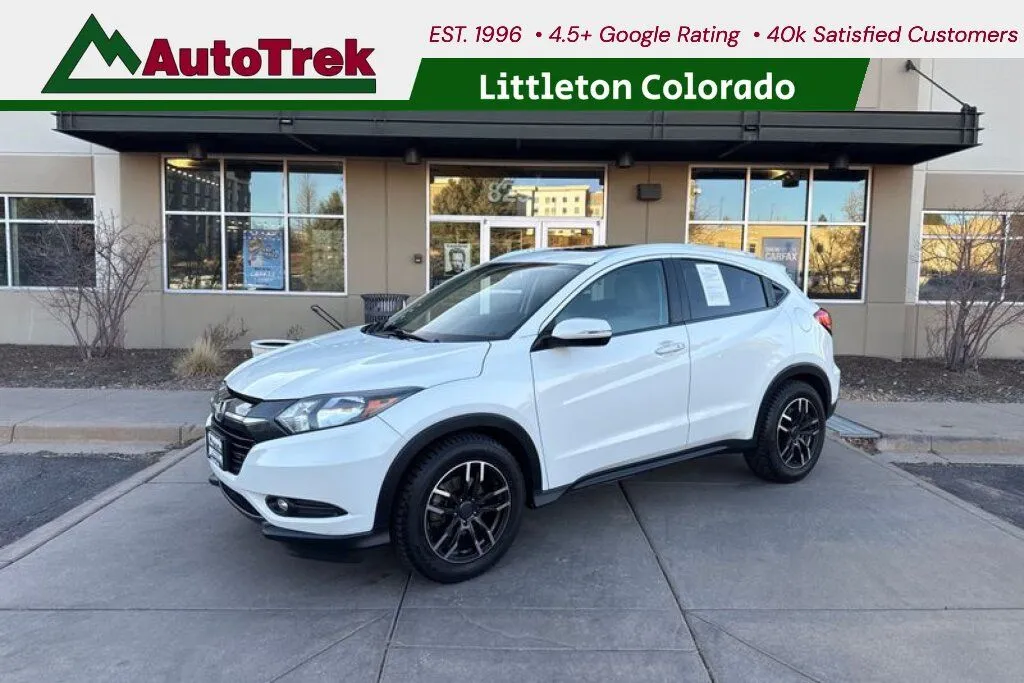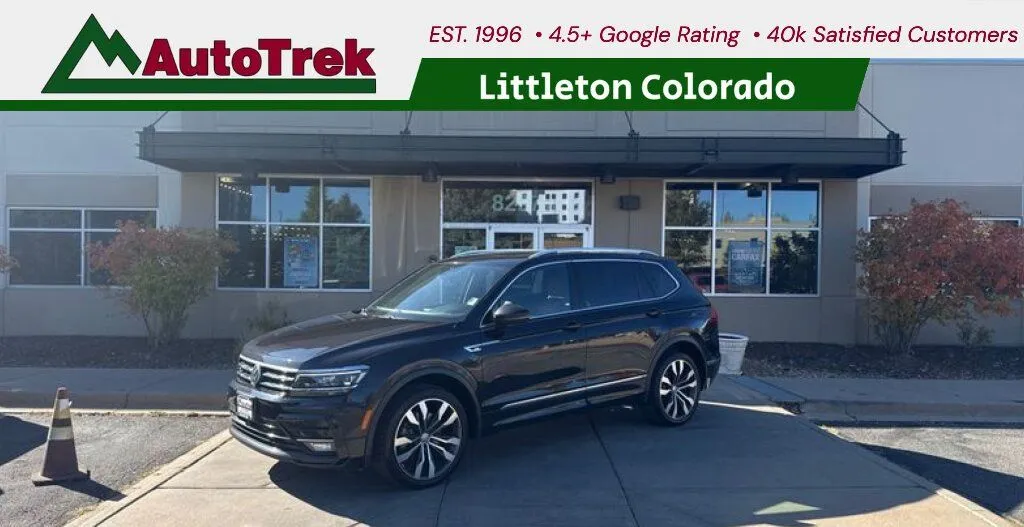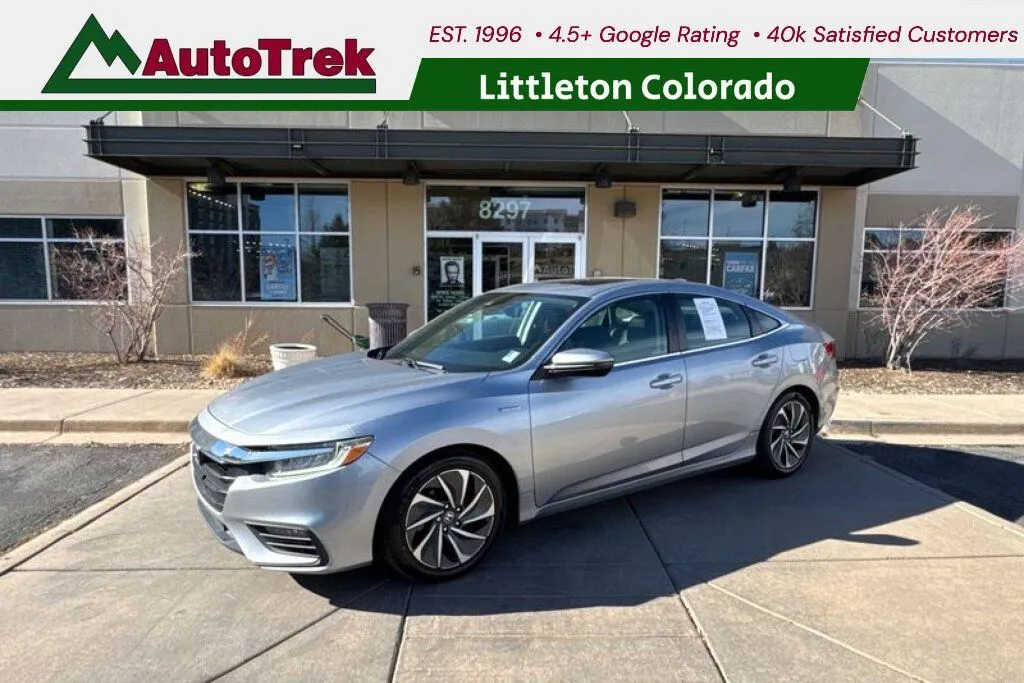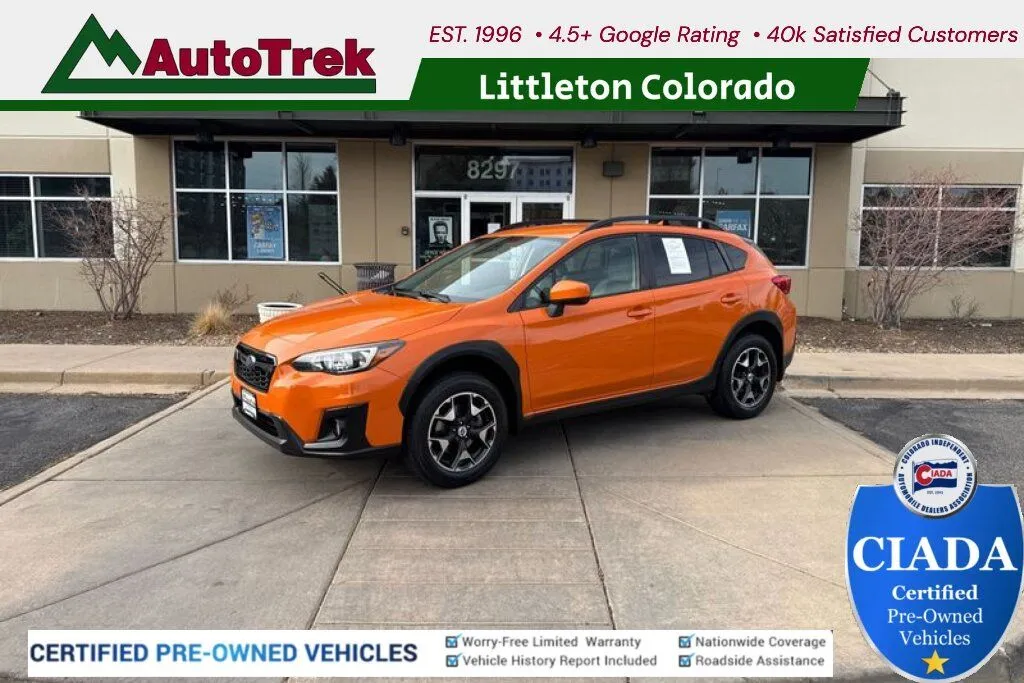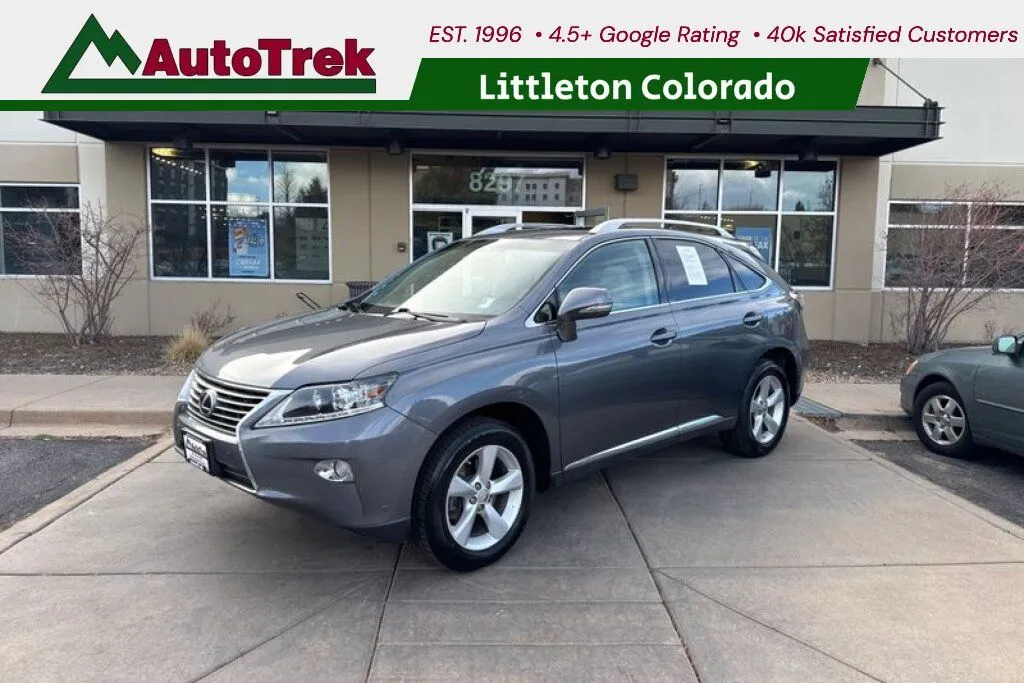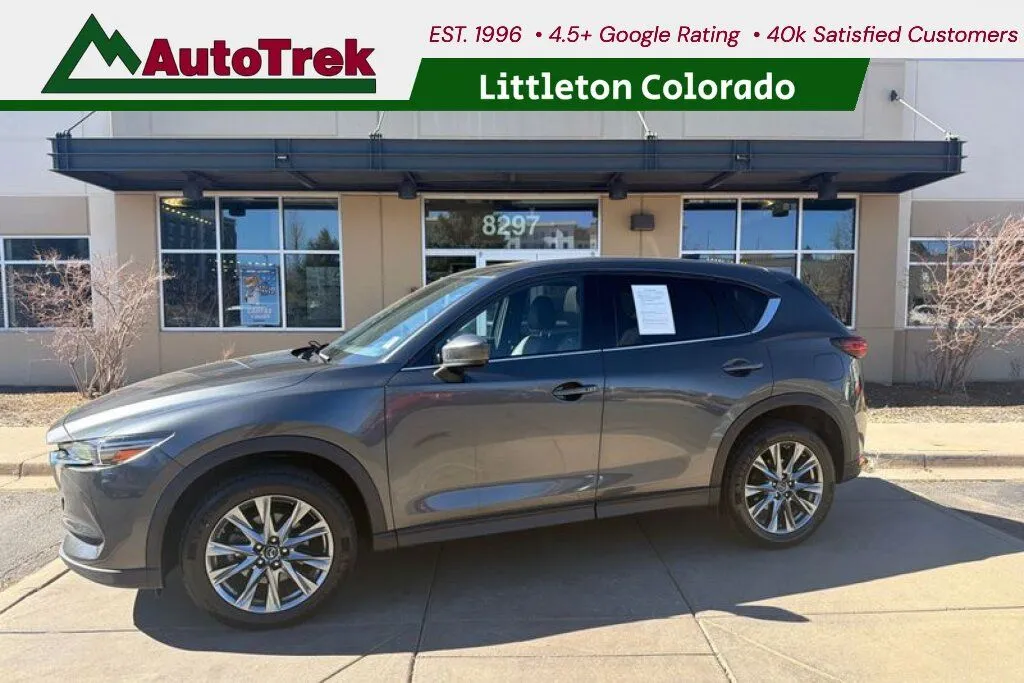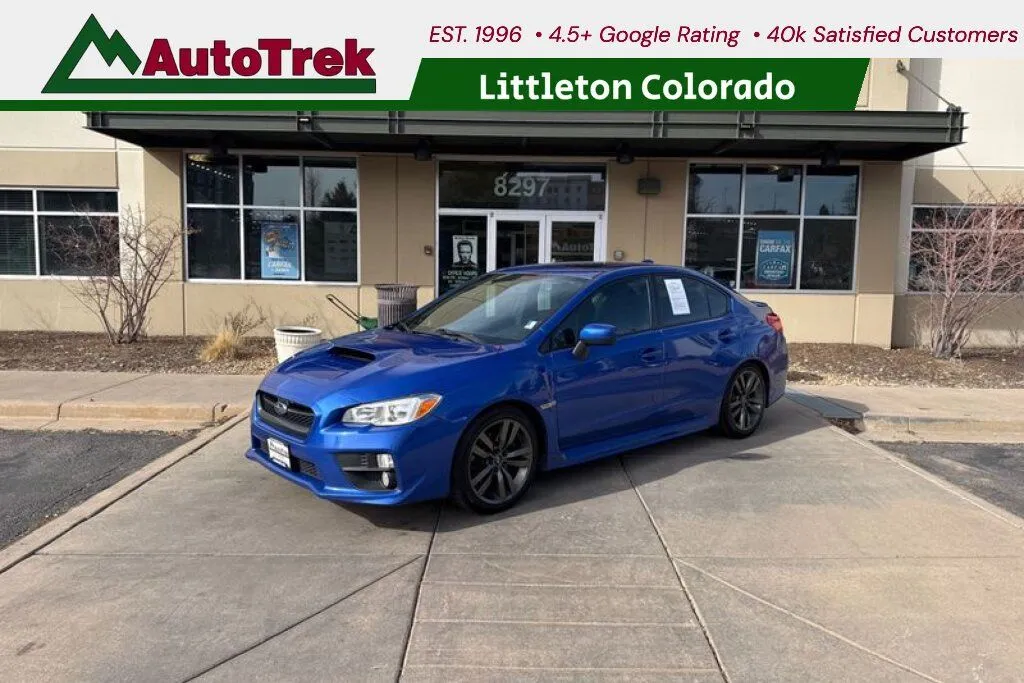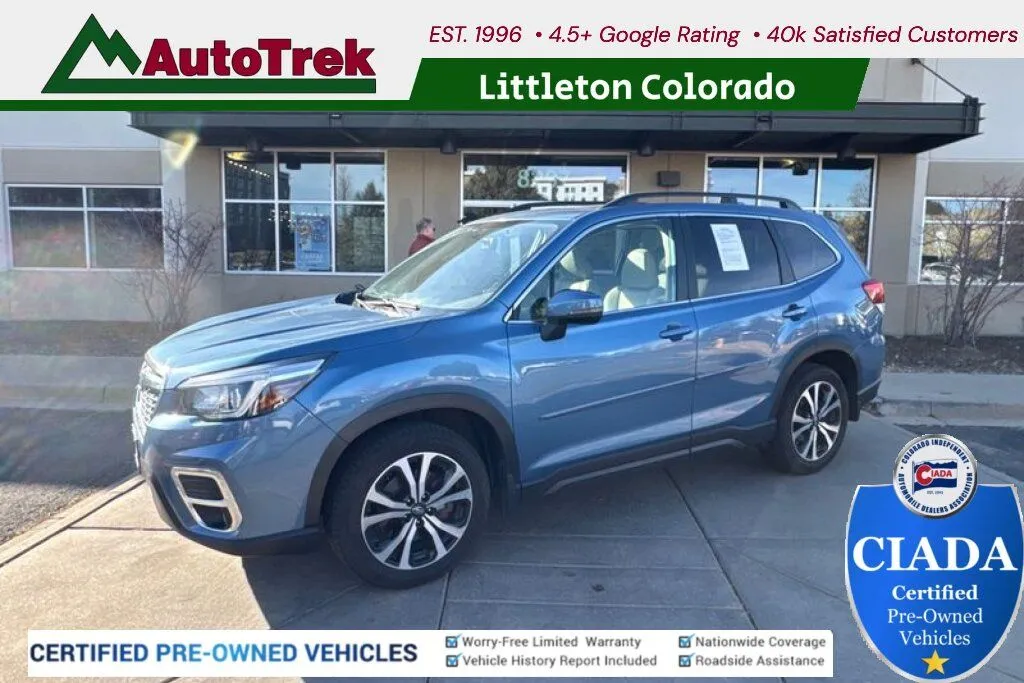Should You Buy An Extended Warranty On A Certified Used Car?
The short answer is sometimes, but not always. The long answer depends on what the certified program already covers, how long you will keep the car, your model’s reliability record, your annual mileage, and your personal cash cushion.
Compare your certified coverage to the extended plan, and price the gap like any other product. When the gap is real and fairly priced, it can be a smart add. When it is thin or redundant, skip it and pocket the savings for maintenance.
What Certified Already Buys You
Certified used cars for sale undergo a defined inspection and reconditioning process that brings them up to manufacturer standards. On top of that, most programs add time and miles to powertrain coverage, and many provide a limited bumper to bumper term, roadside assistance, and perks like rental reimbursement or trip interruption.
That stack of benefits is already a risk reducer, especially if the car is still young. Before you consider any add-on warranty, get the certified contract and read the dates, mileage caps, covered components, deductibles, and claim process. You might already have the safety net you need for your ownership plan.
Where Extended Coverage Can Add Real Value
Extended warranty on a certified used car can shine when you plan to keep the car long enough to outlast the certified term, particularly if your annual miles are high. If your model has costly components outside the powertrain that are known pain points, a comprehensive plan that covers those systems can protect your budget.
Luxury brands with complex electronics, air suspension, or advanced driver aids can justify a thoughtful extension, especially once the certified bumper to bumper timer runs out. High-mile commuters, ride-hail drivers, or families with limited emergency funds may also value predictable costs over surprise repair bills.
Where Extended Coverage Often Overlaps
Many buyers are offered plans that begin on day one even though the certified limited warranty is still active. That means you are paying for time you cannot use because the manufacturer coverage pays first. Unless the price is adjusted to start when certified coverage ends, you are buying overlap.
Another overlap shows up when the extended plan covers only powertrain items already covered by the certified powertrain warranty for similar terms. Unless the plan clearly adds time or coverage, you are doubling up on the same risk.
How to Compare Coverages Like a Pro
Lay the certified coverage on the left and the extended plan on the right. List start date, end date, total miles, deductible, labor rate policy, and covered systems. Circle what the extended plan adds in time and systems beyond certified.
If the additions are meaningful to your driving and ownership horizon, price them per month and per 10,000 miles of expected use. If the additions are thin, or the plan excludes the very items you worry about, the value case is weak. Always ask for a specimen contract, not a brochure. Contracts list exclusions like wear items, trim, glass, emissions components, and many electronics.
Dealer, Manufacturer, or Third Party
Plans backed by the manufacturer often offer smoother claims at franchised dealers, a cleaner integration with service systems, and predictable parts sourcing. High-quality third-party administrators exist too, but they vary in claim speed, allowed labor rates, and shop choice.
If you have a trusted independent mechanic, confirm the plan pays approved independents directly at reasonable labor rates and does not force you into a small network. Transferability can matter if you sell your car early, and cancellation terms matter if your situation changes. Read those clauses before you sign.
Price, Deductible, and Financing
Extended coverage is negotiable. Ask for two or three price options with different terms and deductibles, then compare total outlay against claims you would need to break even. A higher deductible can cut the premium sharply with little impact if you are protecting against big-ticket failures.
Avoid rolling the plan into your auto loan unless the rate is very low. Paying interest on a warranty dilutes value. If you do roll it in for convenience, at least compare the total financed cost versus paying upfront or waiting to buy coverage before certified protection expires.
Your Car’s Reliability and Repair Costs
Some brands and models are famously stout past 100,000 miles with only routine maintenance. Others can surprise owners with pricey electronic gremlins or complicated cooling and fuel systems. Look up known issues, typical repair costs, and parts prices for your specific model year and powertrain.
If you own a hybrid, plug-in, or EV, confirm what the warranty covers in terms of battery and power electronics, and what remains under federal or factory coverage by year and mileage. An extended plan that excludes the expensive bits you care about is not worth buying.
Ownership Horizon and Mileage
If you plan to sell in two years and the certified warranty covers you for three, an extended plan rarely makes sense. If you plan to keep the car five to seven years and rack up miles, you are a better candidate. Consider your annual mileage honestly.
Plans often cap at a total odometer reading, not just years. A 36-month plan with a low mileage cap is not helpful if you drive 20,000 miles a year. Ask for terms that match your mileage reality so you are not paying for time you cannot use.
Roadside, Rentals, and the Little Perks
Soft benefits can tip the scales for some owners. Roadside assistance, rental coverage, and trip interruption can save hassle and cash if a breakdown happens away from home. That said, many certified programs already include these perks.
If the extended plan duplicates them, it is not adding value. If it expands rental limits or trip coverage during long repairs, and you depend on your car for work, the perk may be worth a few extra dollars.
Buy it when it clearly adds time and breadth after certified protection ends, for a model with costly risk areas, at a price that fits your budget and driving pattern. Skip it when it overlaps with certified coverage, excludes the parts you worry about, or inflates your financed amount for little added benefit.
CIADA Certified Used Cars in Littleton, CO: Drive Home with Added Protection
Buy extended warranty when it significantly adds time and breadth after certified protection ends, for a model with costly risk areas, at a price that fits your budget and driving pattern. Skip it when it overlaps with certified coverage, excludes the parts you worry about, or inflates your financed amount for little added benefit.
Since 1996, AutoTrek has helped local drivers pick the right car with clear pricing, real guidance, and a friendly, no-pressure approach. As a family-owned used car dealership in Littleton, CO, we provide thorough inspection, a free CARFAX on request, and financing that fits through your credit union or our easy in-house options.
Shopping a private sale? Bring the listing and get pricing advice before you buy. Want certified peace of mind? Ask about our CIADA Certified options with added protection. Ready to skip guesswork and drive home confident? Explore inventory, get a real out-the-door quote, and book a quick test drive with AutoTrek today.


